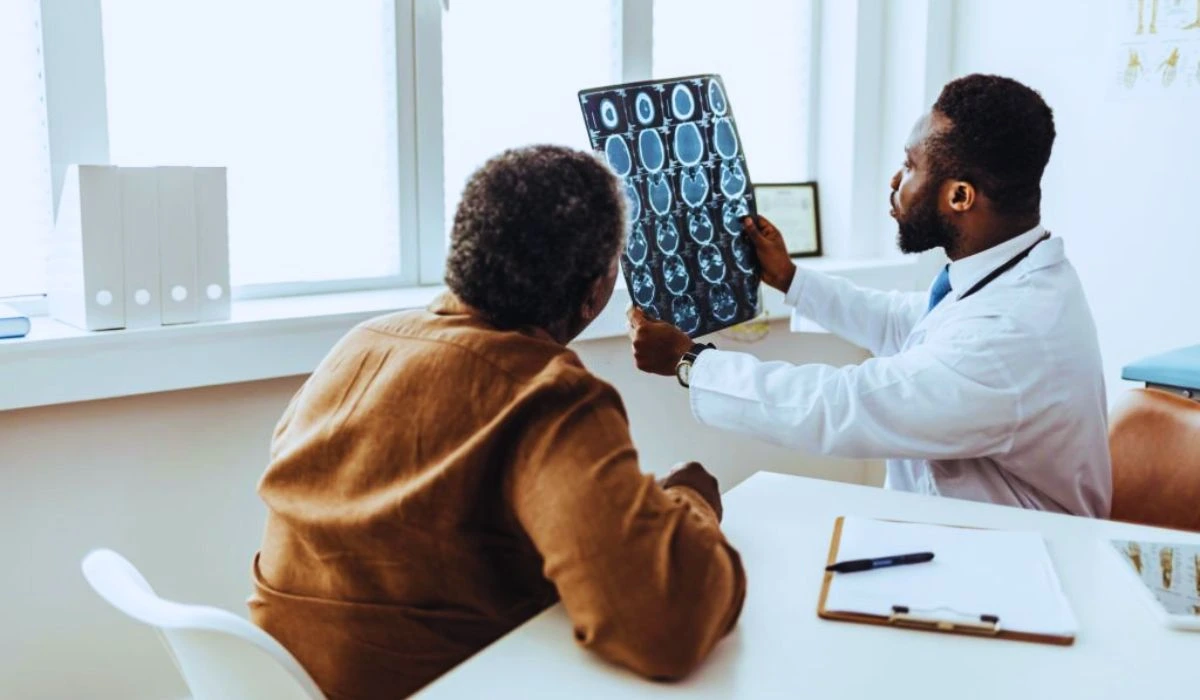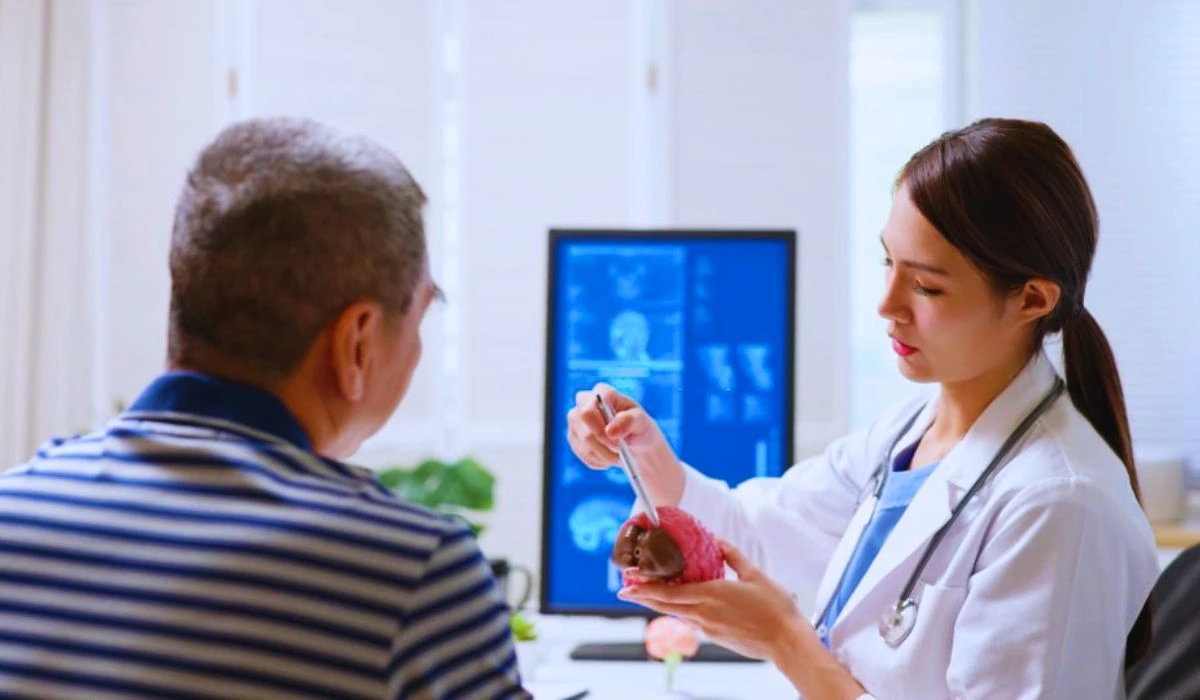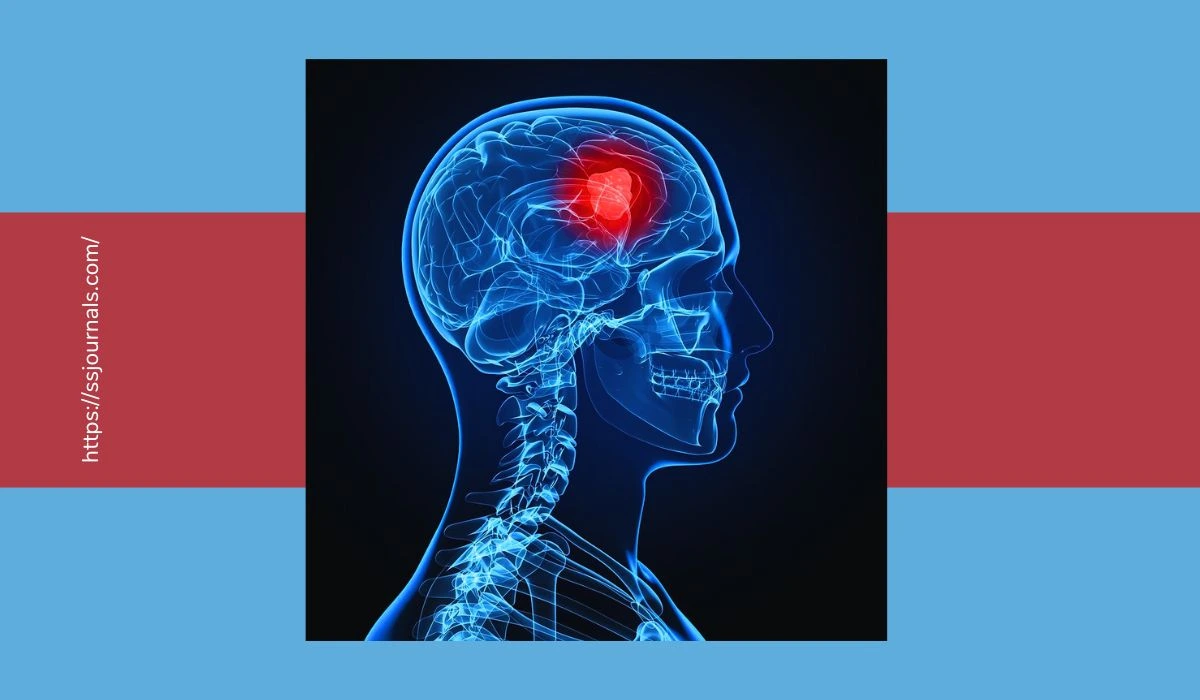Brain tumors are complex medical conditions that require comprehensive understanding and appropriate treatments. These abnormal growths in the brain can have various causes, such as genetic factors or exposure to certain substances.
Treating brain tumors involves a multidisciplinary approach, combining surgery, radiation therapy, and chemotherapy to target and eliminate the tumor. Diagnosis is typically made through imaging techniques like MRI scans, which provide detailed pictures of the brain.
Understanding the nature and characteristics of brain tumors is crucial in order to develop effective treatment strategies and improve patient outcomes.
Moreover, it’s important to note that brain tumors can manifest in different ways depending on their location and size. Common symptoms include persistent headaches, seizures, cognitive impairments, and changes in behavior or personality.
Early detection and prompt interventions are essential for a successful outcome. However, certain types of brain tumors can be challenging to treat and may require ongoing management to control their growth and minimize their impact on neurological function.
What Causes Brain Tumor?
Brain tumors are abnormal clusters of cells that can appear inside the brain or near it. These can be either benign, which means they are not cancerous, or malignant, which means they’re cancerous. Benign tumors do not spread elsewhere and are less dangerous. Malignant tumors can invade the tissues near them and spread to other organs.

Many things can contribute to the formation of brain tumors. Mutations in certain genes, getting radiation therapy for cancers, exposure to chemicals and toxins, age, and gender can all increase the risk of these tumors.
Meningiomas, for instance, are common in elderly people, while medulloblastomas are more common in children. Also, men have a higher chance of developing some types of tumors than women.
To reduce the risk of brain tumors and manage them, regular check-ups with doctors are important. Additionally, a healthy lifestyle should be adopted, which includes a balanced diet, exercise, and avoiding damaging substances. By knowing more about brain tumors, their causes, and preventive measures, individuals can protect their health and well-being.
Current Treatments For Brain Tumors
Current Treatments for Brain Tumors:
Treatments for Brain Tumors include various medical interventions aimed at managing and potentially eradicating these tumors.
- Surgery: The surgical removal of brain tumors is a common treatment option, especially for accessible tumors.
- Radiation therapy: High-energy beams are used to target and destroy tumor cells, either externally or internally.
- Chemotherapy: Anti-cancer drugs are administered to target and kill rapidly dividing cells, including tumor cells.
- Immunotherapy: This treatment option utilizes the body’s immune system to recognize and destroy tumor cells.
- Targeted therapy: Certain drugs are used to specifically target the genetic alterations in tumor cells, blocking their growth and division.
Within these treatment options, specific techniques and technologies are continuously emerging, improving precision, reducing side effects, and increasing therapeutic outcomes.
Emerging Medicines For Brain Tumor Treatment
As medical research continues to advance, innovative treatments for brain tumors are emerging, providing hope for patients. The development of new medicines specifically designed to combat brain tumors has brought about significant progress in the field.
| Medicine | Purpose | Clinical Trial Success Rate |
| Drug A | Inhibits tumor growth | 85% |
| Drug B | Targets specific mutations | 92% |
| Drug C | Enhances chemotherapy | 78% |
These pioneering medicines offer targeted approaches to treating brain tumors, addressing different aspects such as tumor growth inhibition, targeting specific genetic mutations, and boosting the efficacy of chemotherapy. Clinical trials have shown promising success rates, reinforcing their potential as effective treatments.
Challenges And Limitations In Treating Brain Tumors
Treating brain tumors poses various challenges and limitations that need to be addressed for successful outcomes. These factors can impact the effectiveness of medical interventions and hinder the complete cure of brain tumors.

One way to understand the challenges and limitations involved in the treatment of brain tumors is through a comprehensive analysis of the factors that influence the treatment process. Below is a table outlining these factors:
| Factor | Description |
| Tumor Size | Larger tumors are often more difficult to completely remove or treat. |
| Tumor Location | Tumors located in critical or inaccessible areas pose challenges for surgical removal. |
| Tumor Type | Different tumor types have varying responses to treatments. |
| Invasiveness | Invasive tumors can spread to surrounding brain tissue, making complete removal challenging. |
| Potential Side Effects | Treatments may cause significant side effects and impact the patient’s overall well-being. |
| Individual Variations | Each patient’s unique physiological characteristics can influence the treatment effectiveness. |
It is important to consider these factors when formulating a treatment plan for brain tumors. Additionally, it is crucial to explore alternative treatment approaches that can overcome these challenges. For example, advancements in targeted therapies and immunotherapies hold promise in tackling specific tumor types and reducing side effects.
🔶 Resistance To Medications
The issue of drug resistance is a major problem in healthcare. It’s when diseases or infections are no longer responsive to drugs used to treat them. This can have drastic effects, as it stops healthcare workers from providing proper care.
- Different factors can lead to resistance.
- One of the main causes is misuse of antibiotics, which results in drug-resistant bacteria.
- Resistance could also come from genetic changes in pathogens, making them less vulnerable to drugs.
- Patients not following their medication regimens can help create resistance.
- Environmental elements like contaminated water or food may additionally contribute to drug-resistant organisms.
- Resistance is an immense hazard for everyone, not just individuals.
🔶 Side Effects
Side effects are a key issue when talking about the hurdles and restrictions of a certain area. Unintended responses can come up and have varying levels of effect. Comprehending these side effects is essential to creating suitable plans and reducing potential perils.
- These effects can lead to physical uneasiness, such as sickness or sleepiness.
- Psychological symptoms, like changes in mood or tension, might also appear.
- In a few cases, side effects can even be a risk to your health or cause trouble.
- It’s important to consider how frequent and severe these negative reactions are.
- Side effects may differ based on individual variables, like age or hereditary likelihood.
- Also, particular medications or treatments are more likely to bring about particular side effects.
Also Check: Vitamins For Brain Health: Boost Your Memory And Focus!

